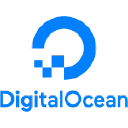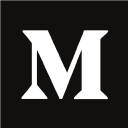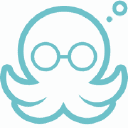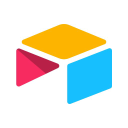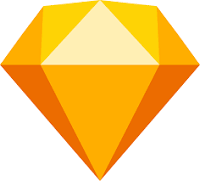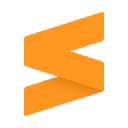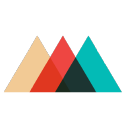How I Launched And Monetized A Really Simple App
Hello! Who are you and what business did you start?
I’m Drew Thomas, and I made Really Simple Store. I’m still making it. Really Simple Store is the ecommerce platform for people who “simply have something to sell,” and it takes less than ten minutes from signup to live selling.
I launched to the public quietly in January 2019, but I got most of my signups from a Product Hunt launch in April. I’m currently generating less than $100 per month, but there’s a lot in the pipeline that I hope to capitalize on.

What's your backstory and how did you come up with the idea?
I originally created Really Simple Store around five years ago. At that time, it was an ecommerce API- a way to add ecommerce to existing websites, no matter what platform they were built on.
I was running a digital agency at the time,...

